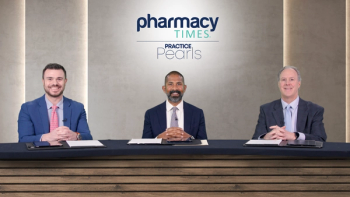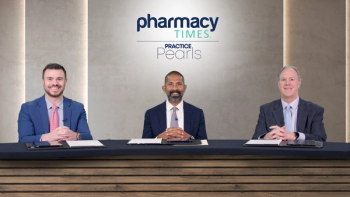
In their concluding remarks, Arun Jesudian, MD; Ralph J. Riello, PharmD, BCPS, and Chas McCormick, RPh, MBA, summarize the key takeaways and highlight the persistent unmet needs in the management of hepatic encephalopathy.

In their concluding remarks, Arun Jesudian, MD; Ralph J. Riello, PharmD, BCPS, and Chas McCormick, RPh, MBA, summarize the key takeaways and highlight the persistent unmet needs in the management of hepatic encephalopathy.

Key opinion leaders highlight essential considerations for pharmacists, including medication costs, staying current with the latest advancements and clinical trials in hepatic encephalopathy (HE), and understanding the incidence of the disease.

Experts explore strategies for motivating treatment adherence and the importance of providers ensuring patients thoroughly understand their condition.

KOLs emphasize the crucial role of collaboration between pharmacists and physicians in managing hepatic encephalopathy, stressing the importance of monitoring sedating medications, polypharmacy, and patient response to HE therapy, while making necessary adjustments to optimize care.

Medical experts discuss the challenges of starting treatment for newly diagnosed, cognitively impaired patients, addressing prescription processes, patient education, and the role of cost, care quality, and convenience in promoting successful medication adherence.

Arun Jesudian, MD; Ralph J. Riello, PharmD, BCPS, and Chas McCormick, RPh, MBA, highlight the importance of adhering to evidence-based guidelines and utilizing approved medications in the management of hepatic encephalopathy, emphasizing their crucial role in preventing patient relapse within 30 days of hospital discharge.

Panelists explore the critical roles of lactulose and rifaximin in managing hepatic encephalopathy, a potentially severe condition that can lead to intensive care unit (ICU) admission.